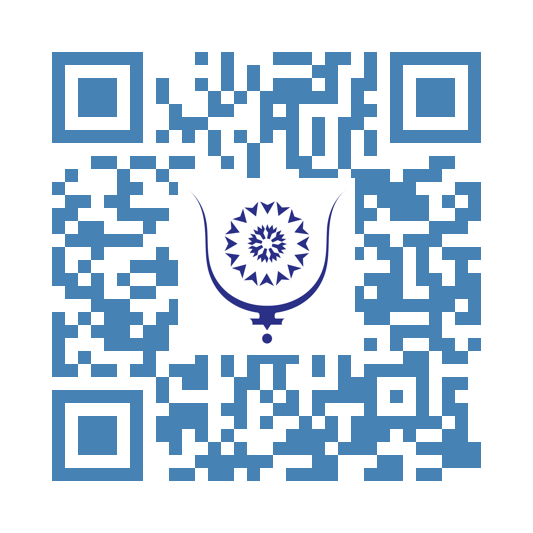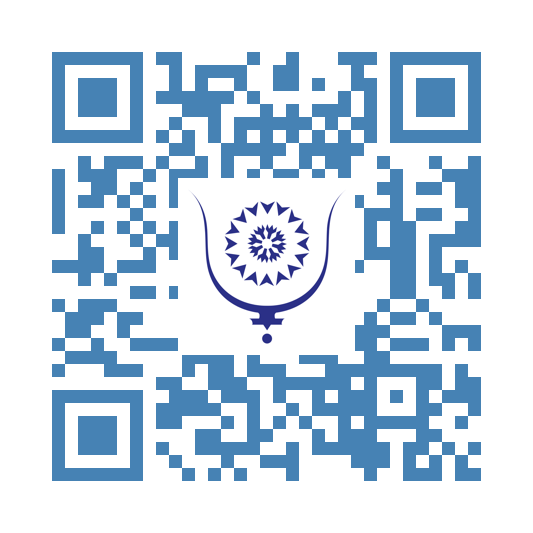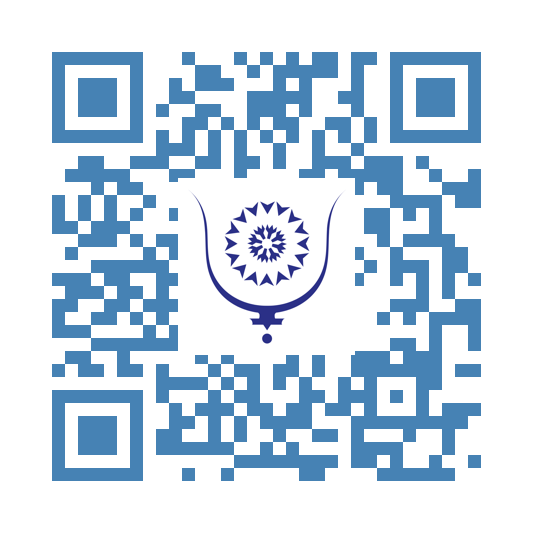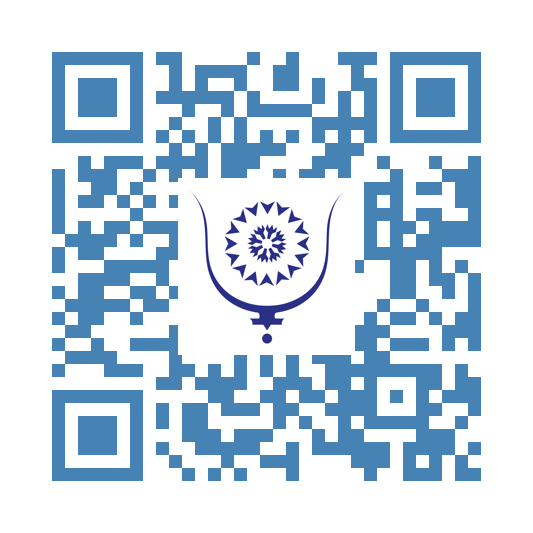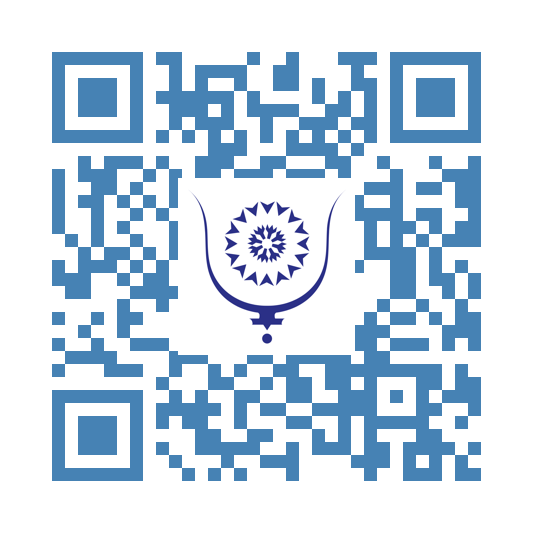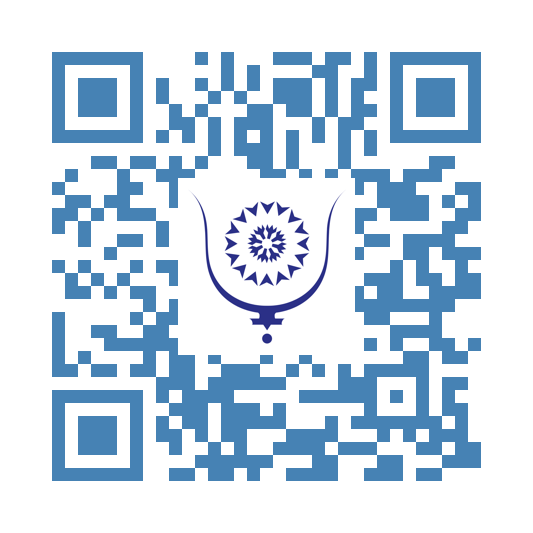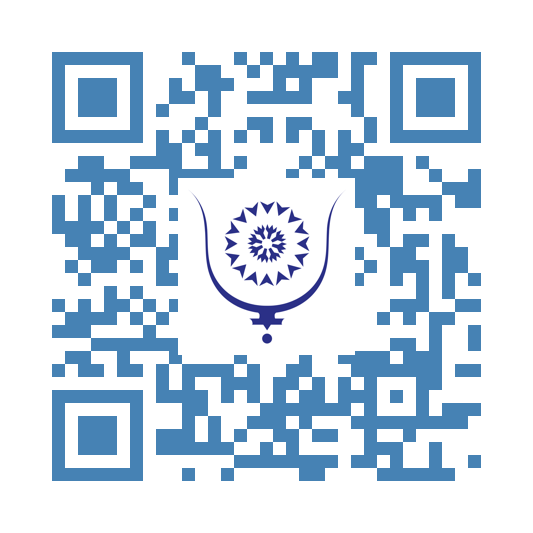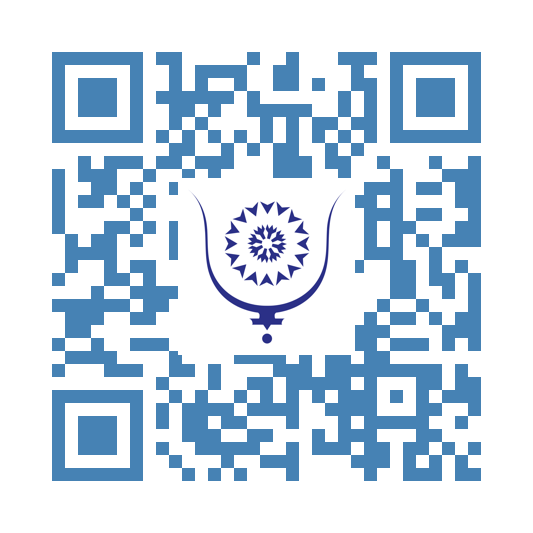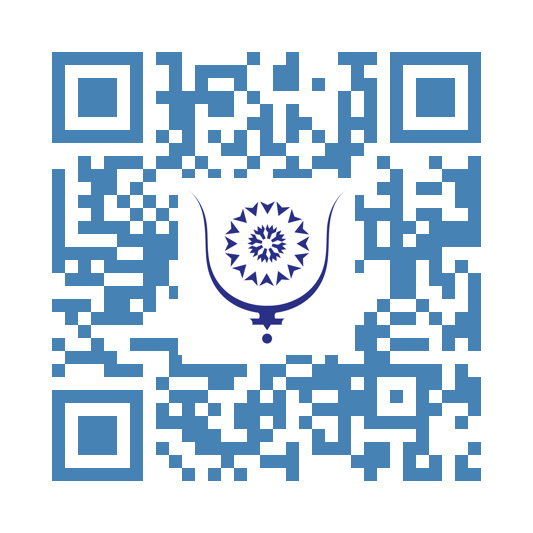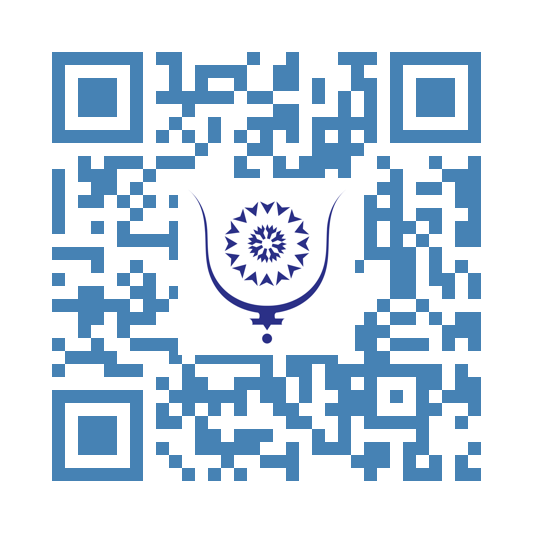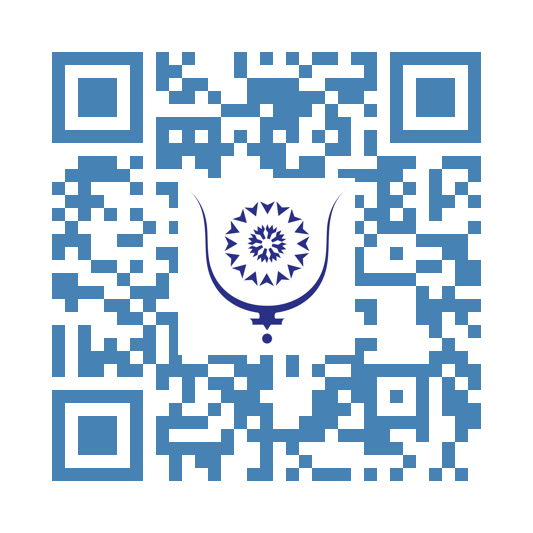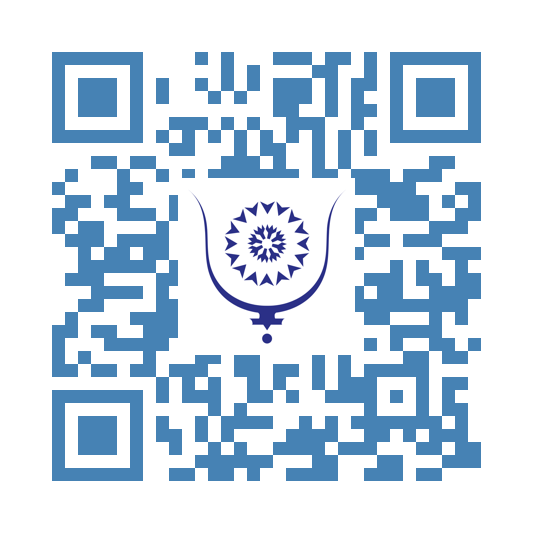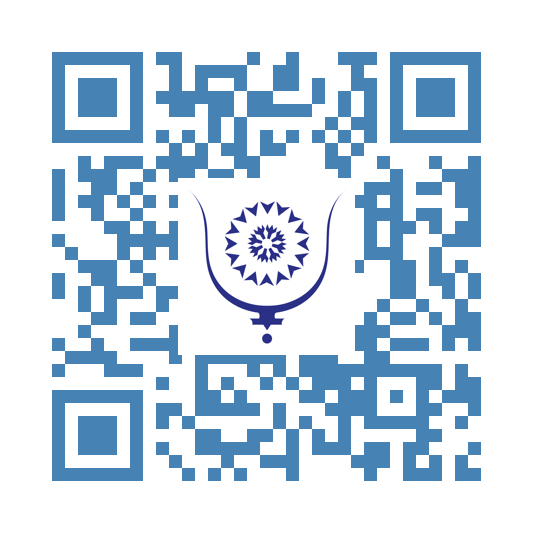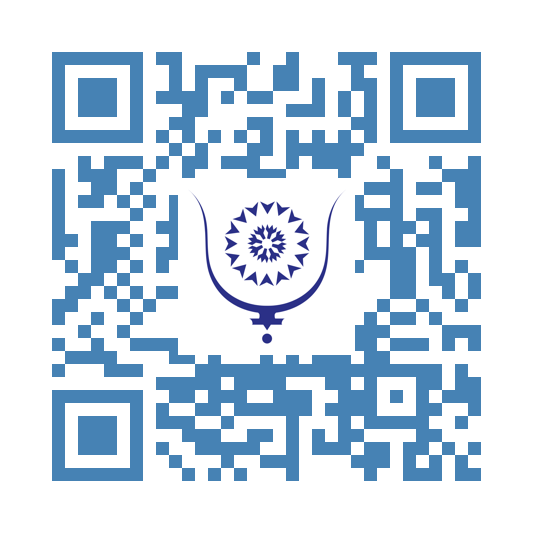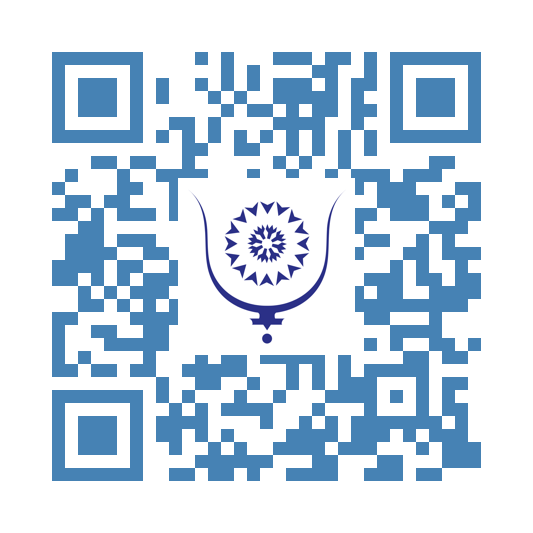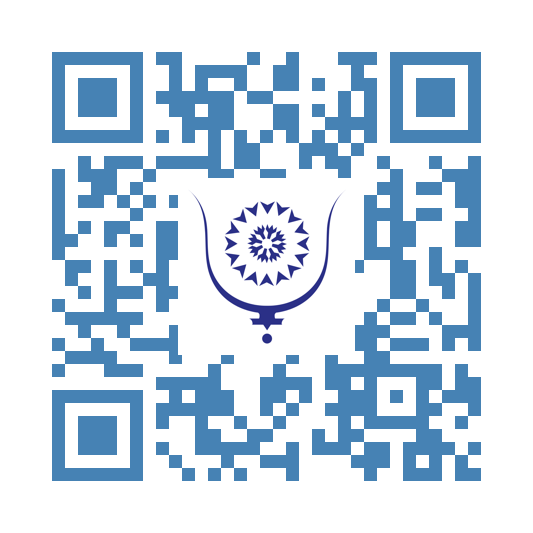Morocco: Voices of Rebellion, From Najat Aatabou to El Grande Toto...
7451
The recent edition of Mawazine Music Festival did not go unnoticed and will be remembered. There were, of course, tens of thousands of citizens from all over Morocco and beyond enjoying the various stages, with Boutchart’s record simply making them sing along, as well as that great diva singing in playback, provoking the anger of those who cried scam. But above all, there was El Grande Toto. This great star of Moroccan and global urban music, whom many dislike, or dislike intensely.
El Grande Toto packed the audience, but also sparked a large number of articles and reactions, mostly unfavorable, with only a few exceptions. The majority of these reactions were rather critical, some almost scathing.
*Let me say it straight away: I am not a fan of El Grande Toto nor of his type of music. At my age, it would be an insult to my musical tastes, as I can only be soothed in my Arabic version by Doukkali, Abdelhalim, Belkhayat, Samih, Farid, Oum Kaltoum, and Abdelwahab; in my French version by Brel, Reggiani, Piaf, Barbara; and in my English version by Dylan, Clapton, BB King, James Brown, and many others.*
That said, I cannot judge those who dislike him, nor those who love El Grande Toto’s musical genre—that is, all the youth who identify with this style, who resonate with his intonations and rejoice in absorbing his lyrics. It is their time and their music.
This reminds me that about thirty years ago, Najat Aatabou could only be heard by accident, passing by a cassette seller’s stall in a souk or secretly in one’s car. Her music seemed annoying and her lyrics vulgar. It took a long time before she was finally accepted, and later adored.
What brings me to this topic is that there is something in the artistic trajectories of Najat Aatabou and El Grande Toto that resembles a broken mirror: the shards oppose and scatter, yet, upon closer look, they reflect the same reality. That of a multiple, rebellious Morocco, torn between its traditions and its desires for modernity. A Morocco that thinks it is what it is only little or not really. What it has never truly been except in a falsely constructed imagination.
Najat Aatabou is the hoarse voice of the Zemours, the one who emerged in Khémisset, carried by the winds of the Middle Atlas and the whispers of a society still constrained by honor, the gaze of others, and the strictness of conventions. In the 1980s, while the Kingdom was taking its first steps toward social openness, Najat dared to sing what so many women whispered in silence: thwarted loves, betrayal, emancipation, wounded pride, desire—all in rather raw language.
Her “Hadi Kedba Bayna” (“It’s an obvious lie”) resonates like a cry, soft but firm, in popular weddings, shared taxis, and the cozy living rooms of the Moroccan diaspora in Europe. With her, chaâbi, the music of the people par excellence, becomes a vector of affirmation. Najat does not apologize for being a woman, an artist, Amazigh, a rebel. She disturbs, sometimes shocks, but she imposes herself. Her music was even used in a global advertisement.
Forty years later, it is another Moroccan who shakes the walls of certainties: El Grande Toto, child of Casablanca’s suburbs, dyed hair, tattooed face and arms, and sharp tongue, imposes himself as the bard of an uninhibited Moroccan youth. With him, words snap in darija, intertwine with French and English, flirt unabashedly with taboos: drugs, money, sex, and challenge social hypocrisies. Where Najat Aatabou denounced half-words, Toto displays, claims, provokes.
Certainly, the forms differ: Najat draws from the ancestral repertoire, her melodies reminiscent of village weddings and the ululations of yesteryear. Toto, on the other hand, drinks from the sources of global rap, trap, and social networks, where punchlines matter more than silences. But behind these differences, the same sap nourishes their works: the thirst to speak, whatever the cost, without feeling guilty about anything.
Najat Aatabou paid a high price for breaking taboos. We still remember the harsh criticisms, the heavy judging looks, the outraged fathers. But time proved her right: she is now respected, even adored, seen as one of the great voices of popular Morocco.
El Grande Toto, meanwhile, is still in the midst of the storm. It will take him a long time before he is finally tolerated and accepted. Repeated controversies, court summons, accusations of indecency… Yet, his success does not wane. The numbers speak: millions of streams on platforms, growing international influence, a Moroccan youth that recognizes itself in his anger and dreams. They sing their reality and find themselves in him, whether we like it or not.
Ultimately, from the 1980s to today, across centuries, Morocco has never stopped telling its story through its most unsettling artists. There were others before: Zahra Elfassia, Fatna Bent El Houcine, and many known or unknown Chikhates, female voices of the frustrations and hopes of a silenced generation.
El Grande Toto, the insolent spokesperson of an urban youth in search of recognition, space, freedom, embodies this spirit today. We must not forget there were others before him: Faddoul, Nass El Ghiwane, Ach Kayne, Rebel Moon, and Lbig, among others. There was also a tradition of rebellion and bold language in malhoun with qassidas that one would no longer dare to sing nowadays, even in the most intimate circles.
Between them all, decades and universes, but also this invisible thread that connects those who dare to say out loud what others still keep silent. Perhaps that is what it means to be an artist in Morocco: to shake the established order, to hold a mirror to society, and to accept to pay the price, even if it is too high...
Share:
Morocco: Voices of Rebellion, From Najat Aatabou to El Grande Toto...
copy:
https://bluwr.com/p/246517998

